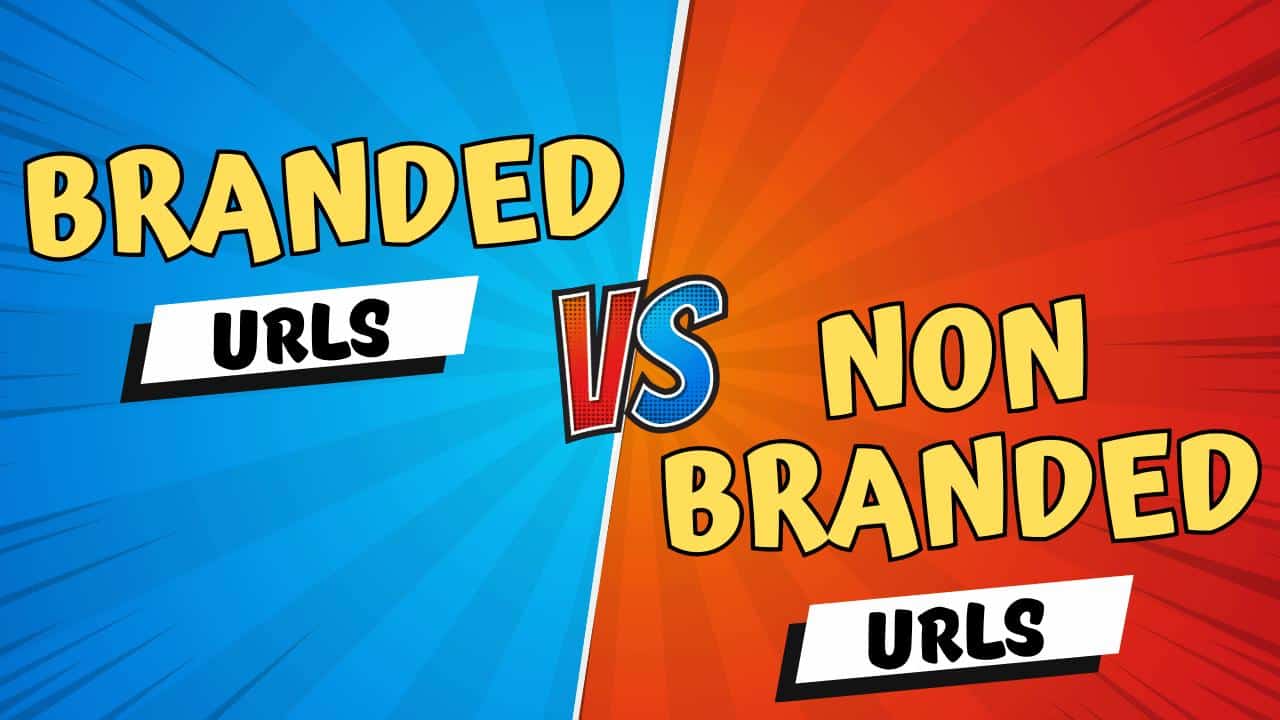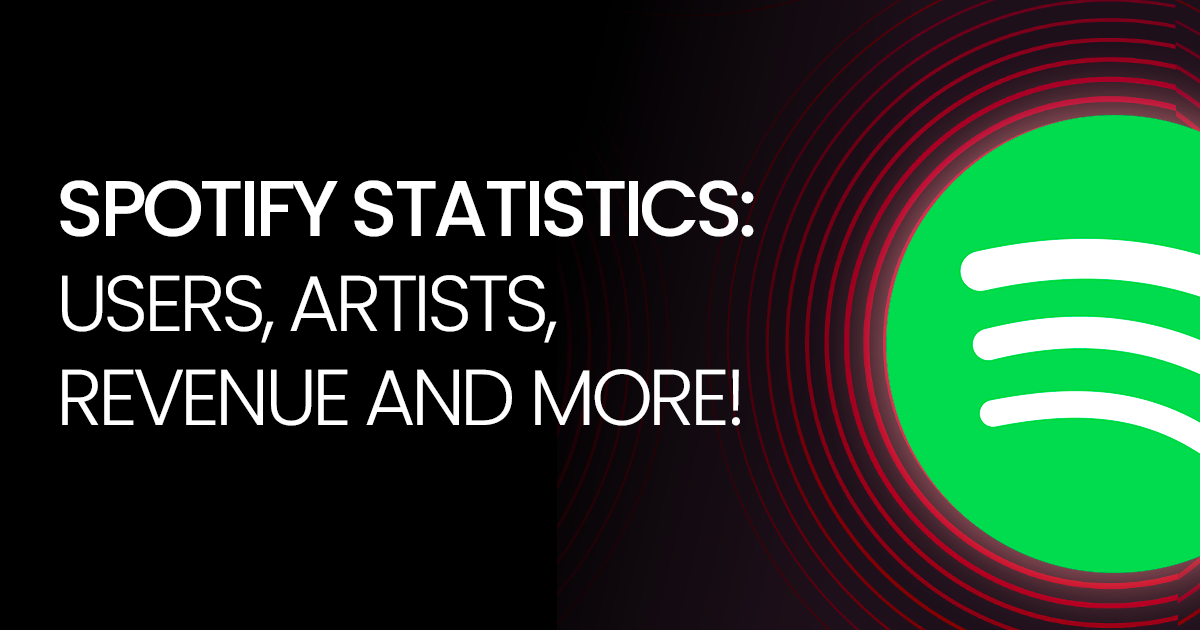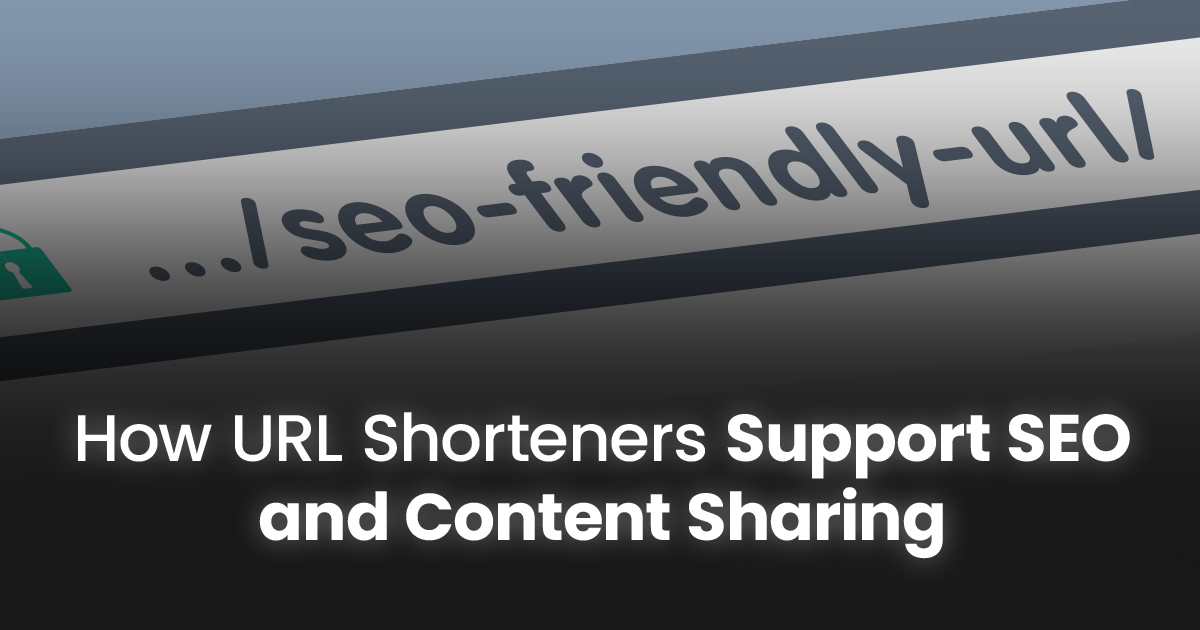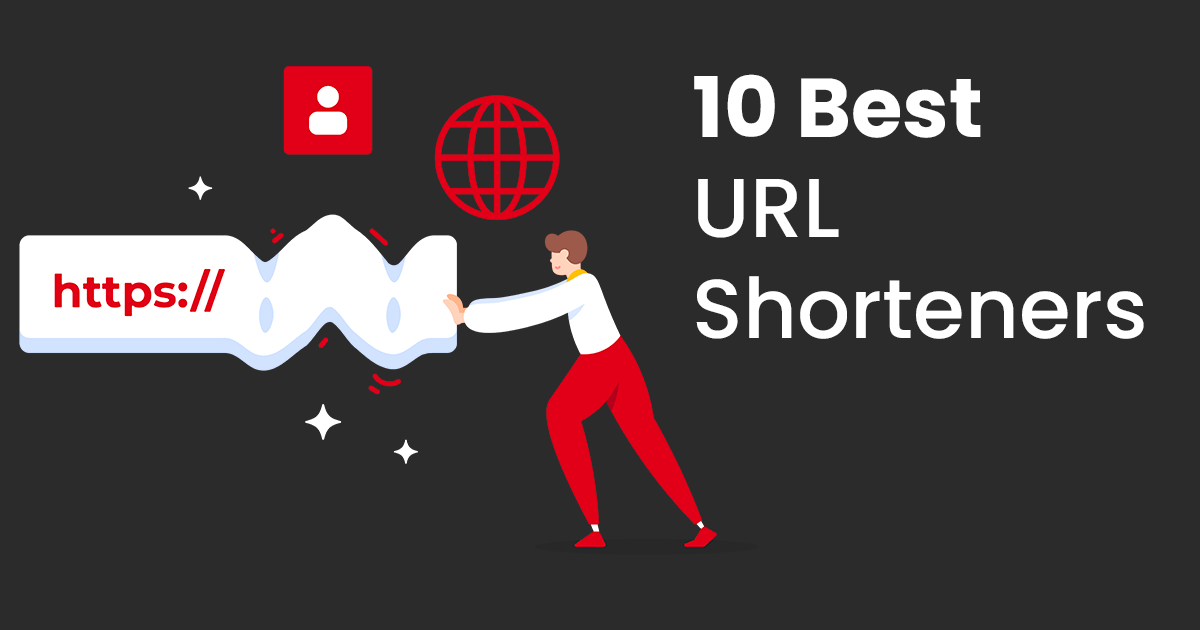Branded URLs include your brand name, making them memorable and building trust, while non-branded URLs focus on generic keywords, reaching a wider audience but lacking brand recognition.
URLs are the addresses that guide our online destinations. But just like in real life, not all addresses are created equal.
It’s the first impression your content makes, and like any good first impression, it should be intentional and strategic.
This is where the battle between branded URLs and non-branded URLs unfolds. Let’s understand what each type is, their key differences, and how to use each for optimal results.
What are Branded URLs?
A branded URL includes your brand name or relevant keywords directly within the domain name.
Think: companywebsite.com, productname.land, or promooffer.yourbrand.com.
Key Characteristics:
- Memorability: They’re easier to remember than generic strings of characters.
- Clarity: They instantly communicate your brand and content focus.
- SEO Power: They signal relevance to search engines, potentially boosting your ranking.
- Trustworthiness: Familiarity breeds trust, and branded URLs create a sense of security.
Benefits:
- Brand Recognition: Every click reinforces your brand in users’ minds.
- SEO Boost: Search engines favor URLs that align with content and brand.
- Increased Click-Through Rates: Familiarity and clarity entice users to click.
- Enhanced Trust: Branded URLs convey professionalism and legitimacy.
Drawbacks:
- Limited Flexibility: Can be less adaptable for diverse content types.
- Acquisition Difficulty: Registering your ideal branded domain may be tricky.
What are Non-Branded URLs?
A non-branded URL doesn’t contain your brand name or relevant keywords. They’re typically shortened versions of longer URLs using third-party services like ShortifyMe, Bitly or TinyURL.
Key Characteristics:
- Ease of Use: Easy to create and share without domain registration hassles.
- Tracking: Many shortening services offer tracking data on clicks and engagement.
- Shareability: Shortened URLs fit neatly into character-limited platforms like tweets.
Benefits:
- Convenience: Quick and easy for sharing on various platforms.
- Tracking Insights: Valuable data on user behavior and link performance.
- Character Efficiency: Fit snugly into platforms with limited space.
Drawbacks:
- Brand Invisibility: They do little to promote your brand identity.
- Spam Potential: Shortened URLs can be misused for spam or phishing.
- SEO Limitations: Search engines favor branded URLs for relevance.
Key Differences between Branded and Non-Branded URLs
Branding
- Branded: Include your brand name or keywords, building recognition and trust.
- Non-Branded: Generic words or random characters, offering wider reach but weaker branding.
Reach
- Branded: Targeted audience familiar with your brand.
- Non-Branded: Broader audience searching related keywords, potentially reaching new users.
Cost
- Branded: Often require purchasing a custom domain, adding cost.
- Non-Branded: Free services available, but paid options offer more features.
Memorability
- Branded: Easier to remember and share due to brand association.
- Non-Branded: Can be less memorable and harder to recall, especially with random codes.
Tracking & Analytics
- Branded: Often comes with built-in tracking, providing deeper insights into clicks and user demographics.
- Non-Branded: Free services usually offer basic click tracking but lack advanced analytics.
Click-Through Rates (CTRs)
- Branded: Users trust and click on branded URLs more readily, potentially leading to higher CTRs.
- Non-Branded: Lower CTRs possible due to lack of brand recognition.
Overall
- Branded: For building brand identity, trust, and tracking performance.
- Non-Branded: For a wider reach, cost-effectiveness, and quick sharing when brand focus isn’t crucial.
Best Practices for Branded and Non-Branded URLs
Branded URLs:
- Use Relevant Keywords: Include keywords related to your brand or campaign to enhance search visibility.
- Keep It Short and Memorable: Aim for 5-15 characters for easy sharing and recall.
- Align With Brand Guidelines: Ensure the URL reflects your brand voice and identity.
- Track And Analyze Performance: Use built-in analytics to measure clicks, demographics, and campaign effectiveness.
- Choose A Reliable Service: Opt for a reputable provider with good uptime and security practices.
- Consider Custom Domains: If budget allows, invest in a custom domain for greater control and branding.
Non-Branded URLs:
- Use Clear and Descriptive Text: When using generic words, choose terms relevant to the linked content.
- Avoid Misleading Text: Don’t use clickbait tactics or deceptive language.
- Be Transparent About the Destination: Users should know where the link leads before clicking.
- Track Basic Click Data: Even free services offer basic click tracking to understand usage patterns.
- Use Caution with Free Services: Be aware of potential privacy concerns and data collection practices.
- Don’t Overuse Non-Branded URLs: Prioritize branded URLs for building brand recognition.
General Best Practices:
- Test Different Options: Experiment with various URL lengths and formats to see what resonates best with your audience.
- Use Clear Calls to Action: Encourage users to click by using strong CTAs alongside the shortened URL.
- Promote Consistency: Use consistent URL formats across all marketing channels for brand recognition.
- Stay Updated: Keep up with the latest trends and best practices in URL shortening.
The best approach depends on your specific goals and target audience. By following these best practices, you can leverage both branded and non-branded URLs effectively for your digital marketing efforts.
Wrapping Up
Navigating the branded vs. non-branded URL battleground requires clear objectives and strategic deployment. Remember, both options have their uses. By understanding their unique strengths and limitations, you can choose the right URL for each mission, ensuring your online content makes a powerful and lasting impression.
Want to delve deeper? Check out the FAQ section below for some burning questions answered!
Branded vs Non-Branded Links FAQs
What are branded URLs, and how do they differ from non-branded URLs?
Branded URLs are customized short links that include a brand name or keyword related to the business or organization. They differ from non-branded URLs, which are generic short links that do not contain any branding elements. The primary distinction is that branded URLs reinforce brand identity and recognition, while non-branded URLs lack this association with a specific brand.
What are the benefits of using branded URLs for businesses?
Using branded URLs offers several benefits for businesses:
- Enhanced brand visibility and recognition
- Increased trust and credibility among audiences
- Improved click-through rates and engagement
- Consistent branding across various marketing channels
- Better tracking and analytics for link performance and campaign effectiveness
Are there any drawbacks to using non-branded URLs? While non-branded URLs are functional for shortening links, they may have some drawbacks:
- Lack of brand association or recognition
- Reduced trust and credibility, especially for unfamiliar or generic links
- Limited opportunities for brand promotion and marketing
- Difficulty in tracking and analyzing link performance without branded identifiers.
How can I ensure the security and reliability of non-branded URLs?
To ensure the security and reliability of non-branded URLs, consider the following measures:
- Use reputable URL shortening services with built-in security features.
- Regularly monitor and update links to prevent them from being exploited by malicious actors.
- Implement HTTPS encryption to secure data transmission over shortened URLs.
- Educate users about potential risks associated with clicking on shortened links and encourage caution.
What role do branded and non-branded URLs play in SEO optimization?
Both branded and non-branded URLs can contribute to SEO optimization in different ways:
- Branded URLs reinforce brand identity and may improve brand visibility in search results.
- Non-branded URLs can contain relevant keywords or descriptive terms, which may enhance search engine rankings for specific queries.
- Both types of URLs contribute to a diversified link profile, which can positively impact SEO performance.
- However, excessive use of non-branded URLs without context or relevance may dilute the effectiveness of SEO efforts.



